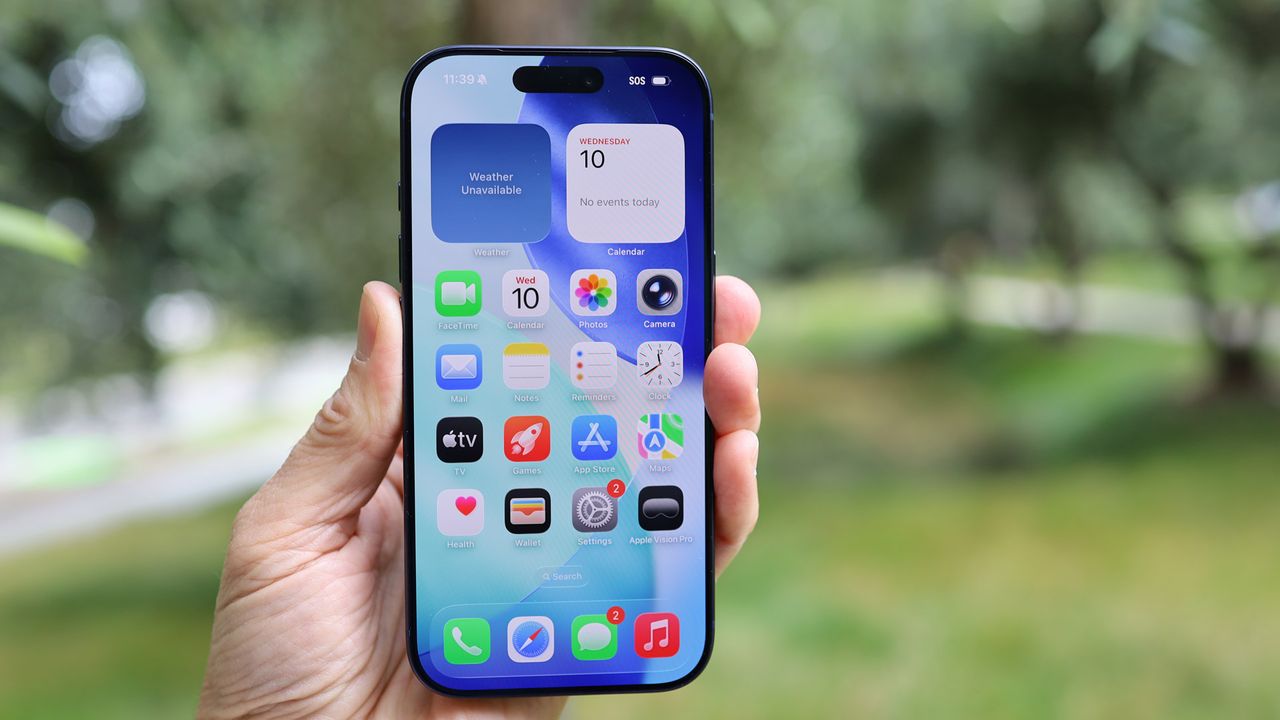
Doctors have an incredibly difficult job. Especially when it comes to diagnosing a patient. Think about it. You tell a doctor what’s happening with your physical body, and they have to use their knowledge and experience to be able to tell you what’s going on. And then they have to prescribe you some kind of medication, or procedure. Now think about first responders for a moment. They show up to a scene and have to make a split decision call on how to stabilize a patient before taking them to a hospital. At which point a doctor will take over that diagnosis aspect. But now, first responders at least will soon get back up from artificial intelligence. In Copenhagen, dispatchers received this help from Corti, back in 2016. Corti is an artificial intelligence that understands the words and sounds during calls, in order to recognize cardiac arrest.
This will help dispatchers be able to ask the right questions in order to get a more accurate diagnosis. I have never been in the situation myself where I had to call 911 for myself or a loved one. So I can only imagine what its like to have to explain to someone what your symptoms are. The video below is really interesting as it provides the dispatchers with reminders so they don’t forget to ask certain questions. Like what their address is. Because you don’t want to send the ambulance to the wrong address.
However, most of the value lies in refining its diagnosis by detecting background clues. In one incident, the dispatcher had concluded a man had fallen off a roof and therefore had broken his back. Corti was able to detect faint rattling, which fit the sound pattern of a patient attempting to breathe despite a stopped heart. While the AI was still in training mode and couldn’t give recommendations to the dispatcher, in future it could present a proper sequence of instructions for them to read out to the callers. Keep in mind, the dispatchers aren’t trained, medical professionals. They are trained in communication for the most part. They also do a really good job at remaining calm so that is likely a big part of their training as well.

If you go to Corti’s website, you will see that they market Corti as a way to triage patients. Is that what this is? They say that “Corti is a real-time co-pilot that helps to analyze symptoms, detect abnormalities, and follow protocol”. But is that what it’s doing? I guess in some ways it is. Corti is providing the dispatchers with enough information in order to help them convey that information to whoever has called 911. But I wonder if this could be applied to the first responder’s situation as well? Sure, they may be able to determine that the person had a heart attack, but will they always know how to treat that patient while they are on the way to the hospital? At this point, Corti only assists the dispatchers themselves, but it’s only a matter of time before this becomes available for other medical uses.



